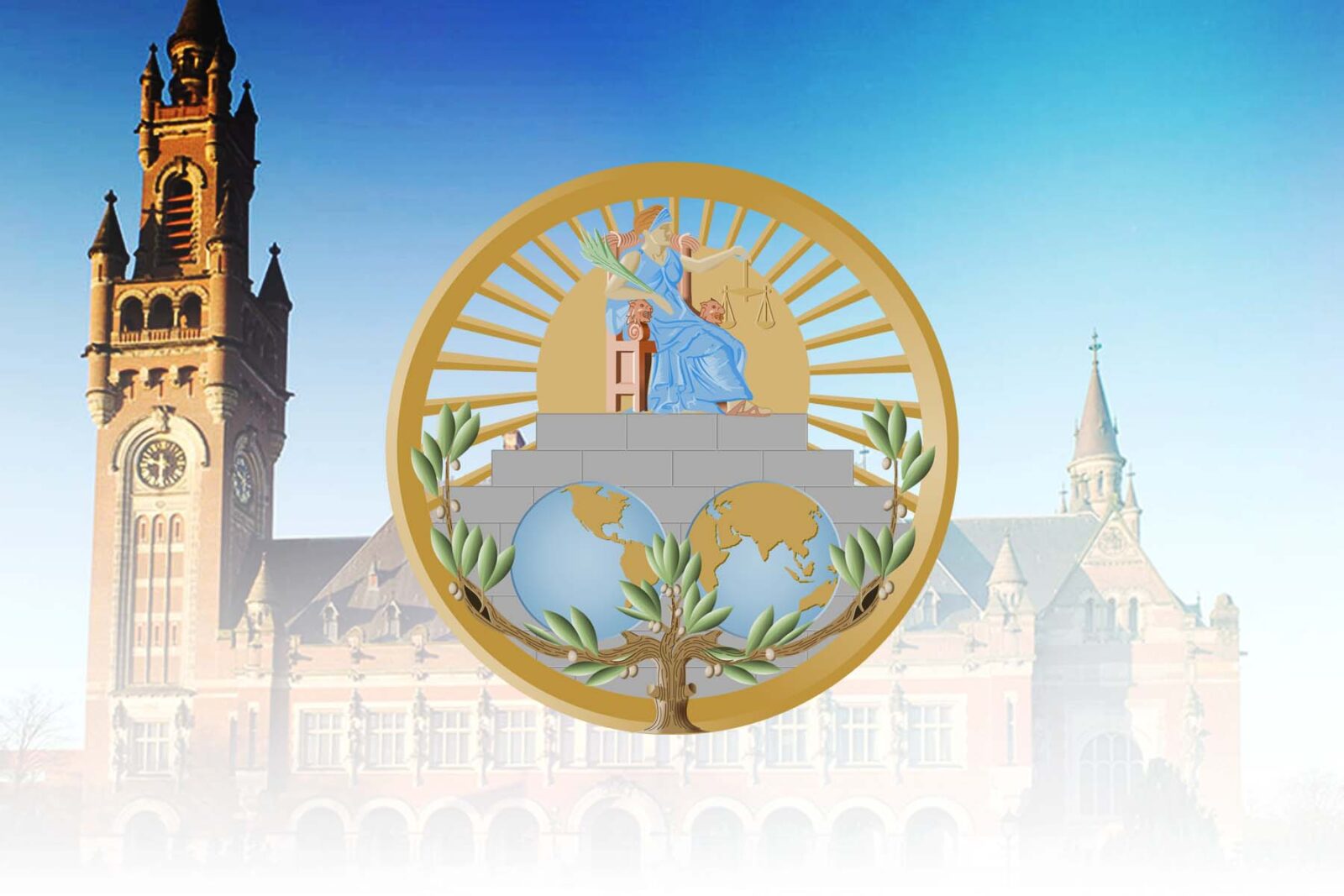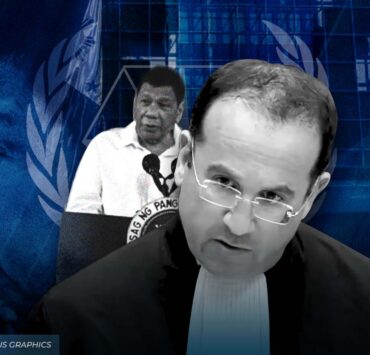‘Climate-vulnerable’ PH to benefit from UN court ruling

Environmental advocates have urged the government to take advantage of the landmark advisory opinion of the United Nations’ top court, the International Court of Justice (ICJ), that seeks to hold countries liable for failing to protect the planet while entitling to compensation those suffering from the harmful effects of climate change.
“While not legally binding, the International Court of Justice Advisory Opinion is very significant to a Third World country and climate-vulnerable country like the Philippines which deals every so often with typhoons, extreme weather events and ocean acidification,” lawyer Grizelda Mayo-Anda, executive director of the Environmental Legal Assistance Center, said in a statement.
She noted that despite the many environmental justice and climate change laws and policies in place, in addition to a resolution on the human rights impacts of climate change from the Commission on Human Rights, the “continuing challenge has been the enforcement of these laws and policies.”
Concrete actions needed
“The ICJ [opinion] will help strengthen our advocacy efforts and accountability actions to push our national government to implement our legal framework on climate justice,” Mayo-Anda added.
Gerry Arances, executive director of the Center for Energy, Ecology, and Development, emphasized that the ICJ advisory opinion, which was released on Wednesday (Manila time), was not a creation of new law but an interpretation of the existing and binding legal obligations of countries and companies in relation to climate change.
“It is in this light that we urge the Philippine government to step up and translate these legal duties into concrete actions by phasing out coal, and ending their continued support for the development of the gas industry,” Arances said.
In its opinion, the ICJ meticulously tackled the responsibilities of states, including, among others, their obligation to implement measures that will stabilize greenhouse gas concentrations in the atmosphere, achieve the temperature goal of limiting global warming to 1.5 degrees Celsius as indicated in the Paris Agreement, and have a binding obligation with other states to protect and preserve the marine environment.
‘Internationally wrongful act’
ICJ President Iwasawa Yuji said that failure to take proper action to protect the climate system from greenhouse gas emissions, including through fossil fuel production and consumption, granting of fossil fuel exploration licenses, or the provision of fossil fuel subsidies “may constitute an internationally wrongful act which is attributable to that state.”
“In the event that restitution should prove to be materially impossible, responsible states have an obligation to compensate,” he added.
During the oral proceedings in December 2024 on the case led by Vanuatu and backed by over 130 countries, the Philippine delegation headed by Philippine Ambassador to the Netherlands Eduardo Malaya III highlighted the country’s unique legal remedy, the writ of kalikasan, which covers environmental damage that will prejudice the life, health or property of inhabitants in two or more cities or provinces.
Then Solicitor General Menardo Guevarra proposed to the ICJ that a similar remedial measure be considered and adopted in the international setting “to afford seriously affected states, and their peoples, with immediate recourse and relief from environmental damage arising from breaches of state obligations under international law.”

















